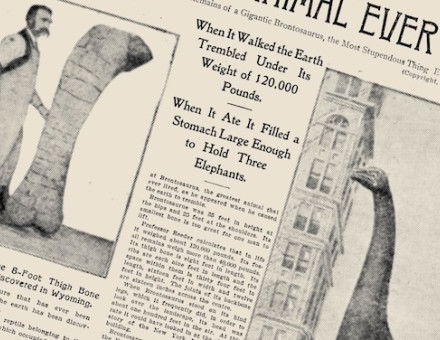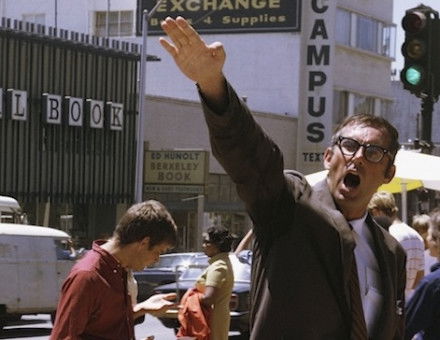Thomas Jefferson’s Visit to England, 1786
Ross Watson describes how Jefferson came to English shores on public business, but travelled widely, and made many purchases.
In March 1786, Thomas Jefferson, then American Minister to France, left Paris for London on his first visit to England. His reasons for travelling were official and in response to the entreaties of John Adams, the American Minister to the Court of St James. Both Jefferson and Adams still had authority from Congress as joint commissioners to negotiate commercial treaties with European countries, and this commission would expire in May 1786.
It was, in fact, as a treaty commissioner that Jefferson had arrived in Paris and his stay there had been extended only because he succeeded Franklin as Minister. After considerable delay, the Portuguese Minister in London had received the necessary powers to negotiate a treaty, and Jefferson’s presence was required in London.





